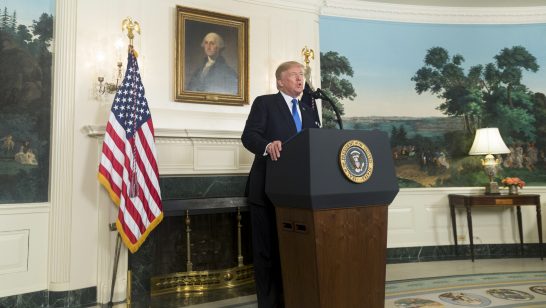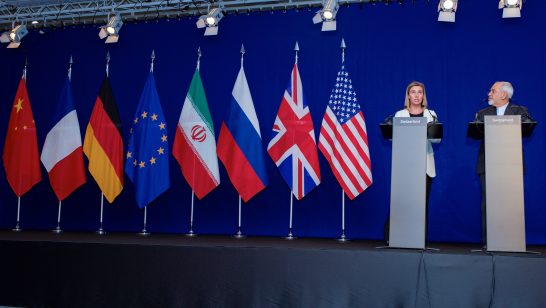
As European governments push for negotiations to restrain Iran’s missile programme, a new ELN policy brief assesses its missile developments, analysing which capabilities Iran deems vital, which it could limit, and recommends how European negotiators could achieve a deal.
Through a detailed analysis, author Fabian Hinz highlights a dilemma for Europeans. Iran has publicly declared a 2000km missile range cap, making missiles capabilities beyond 2000km a promising basis for a limitation agreement. These capabilities, while able to be developed and deployed much more rapidly than assumed, are still latent and not central to Iranian defence. However, most missiles below this range are technically mature, mass-produced, and deployed in large numbers. They are more destabilising yet more difficult to negotiate because of their core role in Iranian general deterrence.
Given their limited leverage and security interests, European negotiators should focus their efforts on achieving two goals:
- First, preventing Iran from extending its missile range to strike Europe;
- Second, blocking Iran from developing intercontinental ballistic missile (ICBM) technology, potentially under the guise of advancing its space program.
Such an agreement would not be a “rollback” but would rather resemble a freeze on certain developments:
- Codifying Iran’s self-imposed 2000km range limit;
- Restricting the Iranian space program to the use of fuel combinations with low military utility;
- Halting flight-testing of the Khorramshahr missile.
While not addressing many regional missile-related issues, such an agreement is achievable and capable of blocking destabilising developments in the future. It could serve as the basis for follow-up negotiations should the US adopt a more pragmatic approach again, or protect core European security interests if the situation deteriorates.
Although Iran’s leaders are adamant that they won’t negotiate on the country’s force of deployed missile systems, an agreement aimed at codifying the Supreme Leader’s 2000km range limit in order to halt future developments could be acceptable to them. Of course, the pre-condition to any deal, no matter how limited its goals, would be a minimum level of trust between Europeans and Iranians. With tensions on the rise, this currently seems far from guaranteed.
The opinions articulated above represent the views of the author, and do not necessarily reflect the position of the European Leadership Network (ELN) or any of the ELN’s members. The ELN’s aim is to encourage debates that will help develop Europe’s capacity to address pressing foreign, defence, and security challenges.



